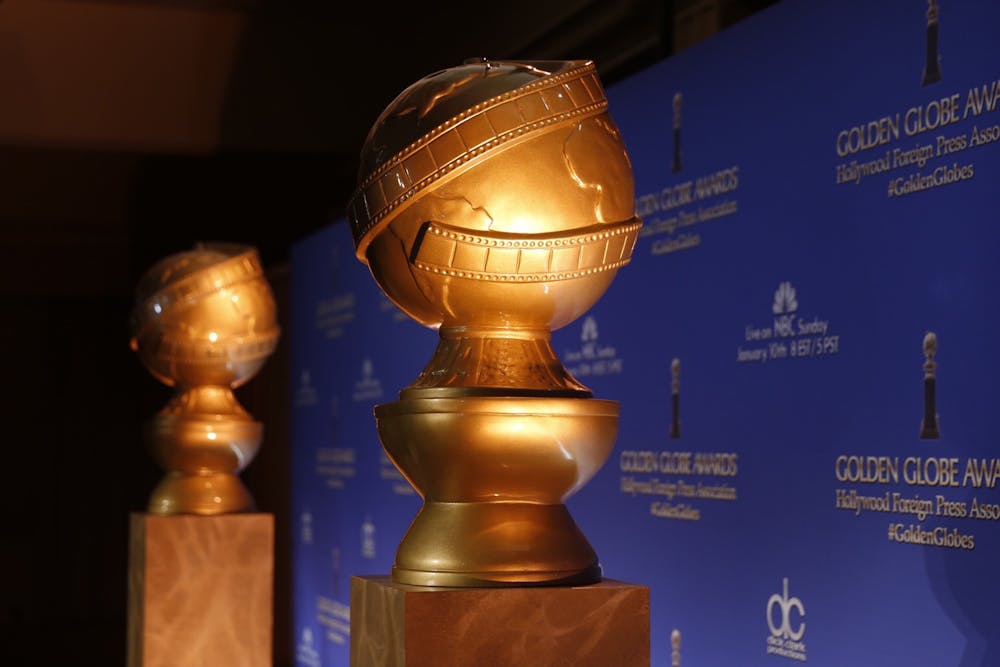Have you heard anything about the Golden Globes this year?
Would you believe me if I told you they were held this past Sunday?
Well, what if I told you they were … and also weren’t. (Yes, I’m being serious.)
The 79th Annual Golden Globe Awards were held at The Beverly Hilton — as they usually are. Normally, the hotel’s ballroom is filled to the brim with celebrities soaking in the glitz and glamour of one of Hollywood’s biggest parties. Instead, this year, the hotel ballroom sat just about silent, filled only with the dignitaries of the scandal-plagued Hollywood Foreign Press Association (HFPA), the show’s organizers who also vote for the winners.
Yet, this paltry display was hidden behind closed doors, as the ceremony wasn’t even televised this year — a first since 2008 when the Writers Guild of America went on strike. NBC decided not to televise the ceremony in May 2021 amid calls for greater diversity among the HFPA’s members. As a result, this year’s winners were announced through the Golden Globes’ Twitter account and on the show’s website.
How did we get here? It seemed like the Globes were a staple of awards season – and really, they were. But the seeds for the show’s downfall had been sown long ago.
The HFPA has repeatedly faced accusations of corruption. In 1982, actress Pia Zadora won the Golden Globe for New Star of the Year, despite her performance being critically panned (including in a hilariously curt review from the New York Times that said she was “not a very convincing actress” and called her performance “spectacularly inept”). It was later revealed Zadora’s wealthy husband flew several HFPA voters out to private screenings and heavily financed her awards consideration campaign. The scandal caused CBS, the network then televising it, to drop the show.
In 2011, the group’s former publicist, Michael Russell, filed a $2 million lawsuit claiming its members accepted gifts and payment in exchange for their awards votes and that these practices could violate federal law.
Furthermore, many of the journalists that work for the HFPA have been criticized for lacking sufficient journalistic chops. Many of them have been described as engaging in superficial coverage that focuses on flattery and maintaining a good relationship with movie studios and their executives.




